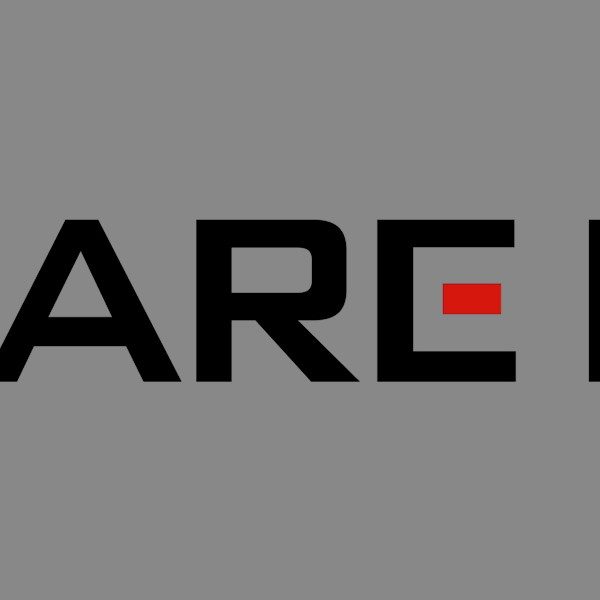

On April 23rd, Square Enix quietly released an “AI Tech Preview,” which came in the form of a re-release of the 1983 adventure-game The Portopia Serial Murder Case, as reported by Kotaku. Since its release, the game has been critiqued heavily for its poor use of AI, scoring a “very negative” on Steam’s rating for the game.
The original The Portopia Serial Murder Case was a text-based adventure game that was well received on its release. A text-based adventure game means that everything in the game is dictated by what the player types. For instance, the player would need to type “kick door” for that action to be performed in-game, as opposed to inputting specific controls. Unfortunately, the game has not aged incredibly well because players need to be very specific with their answers to progress in the story. Using the “kick door” example, if the player said “ram door” instead, the game would not let the player progress because they are different commands.
This Square Enix version of the game intended to use AI in order to fix this problem. The AI uses Natural Language Processing technology to adapt to players’ typed inputs. The goal of this was for the game to understand that “kick door” and “ram door” were similar enough to activate the command and continue the story.
The problem with this however was that the processing was not well implemented, as Giant Freakin Robot notes, instead of being able to understand more varied commands, it has a hard time understanding commands in general. Multiple sources claim that this version of the game is so bad that it might be inferior to the original game that came out forty years prior.
With all of this being said, this game seems to be treated as a tech demo for what the Natural Language Processing technology could do. The Portopia Serial Murder Case was released for free with little buzz behind it. With Square Enix’s first step into the use of AI technology to aid in video game creation, it will be interesting to see what they have planned next, and how they will use the feedback to improve this first version.
Play games, take surveys and take advantage of special offers to help support mxdwn. Every dollar helps keep the content you love coming every single day.

